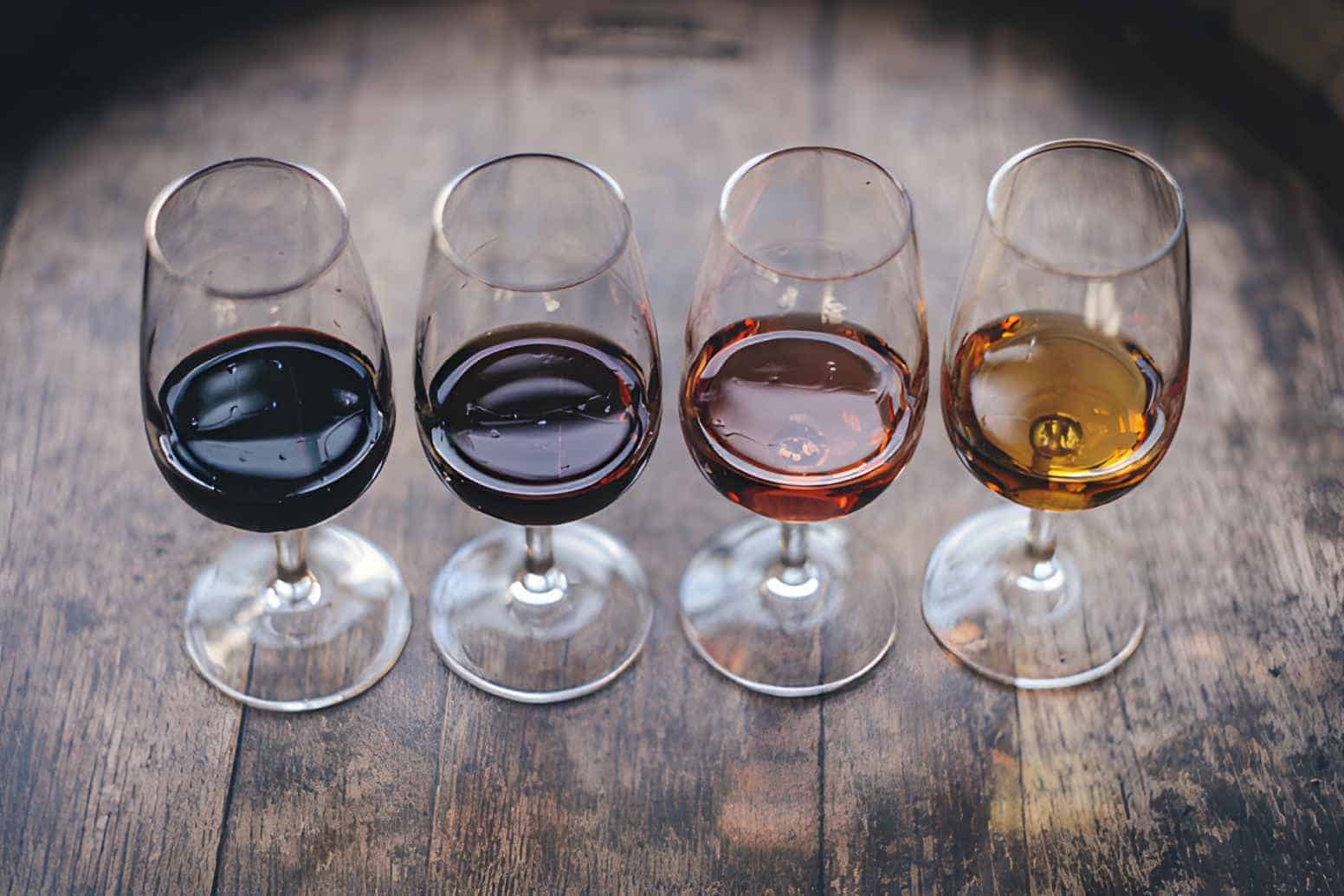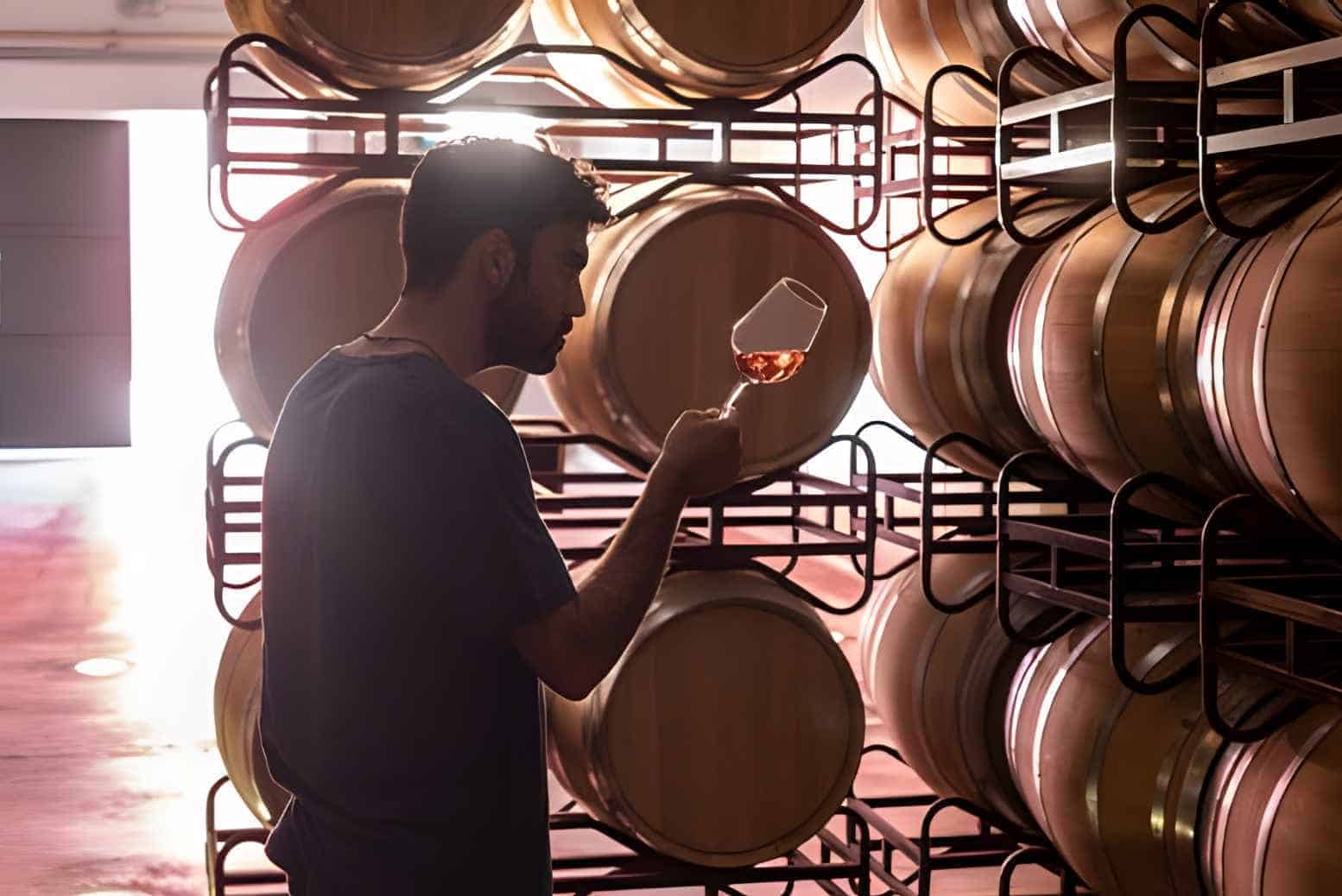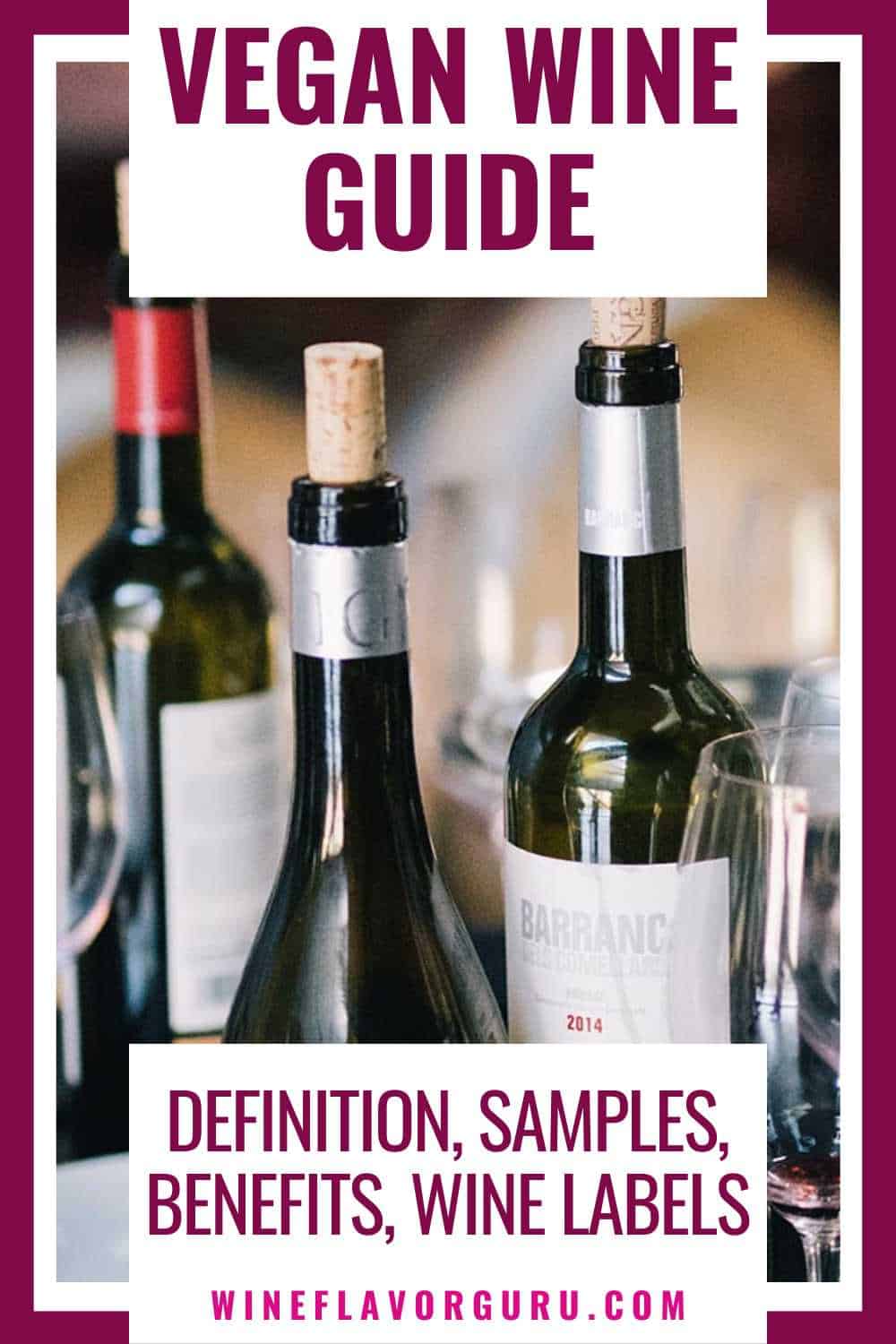Are you hosting a party with some of your Vegan friends? Or are you planning to be Vegan yourself? Whatever your situation is, this guide is written to help you!
We will talk about what is Vegan wine and how it is different from regular wine. We will also list the benefits you can get from drinking it. Another highlight of this blog is the Vegan wine samples you can purchase.
If you think you need the information mentioned above, do not hesitate and read this blog thoroughly!
About Vegan wine
A vegan diet is becoming more popular now than ever. Many people are challenging themselves to become healthier by consuming only plant-based products. For most, it’s a rigid diet to get yourself into. Hence, they should be picky with what they eat and drink.
But if you are going to find a wine that will allow you to follow this diet and be drunk simultaneously, why not? Enough with the narratives; let’s now talk about this magical drink– Vegan wine, in a more profound sense.
Vegan wines are alcoholic drinks that do not have animal-based products. These are organically made wines. Below are the two reasons why they are considered Vegan wines.
First, as we said, their producers didn’t use animal-derived fining agents to clarify the wine. Refer to the table to know these fining agents and their sources.
|
Fining Agent |
Sources |
|
Isinglass |
Boiled fish bladders |
|
Albumin |
Egg whites |
|
Casein |
Milk protein |
|
Gelatin |
Animal bones and skin |
|
Chitosan |
Crustacean shells |
When used to clarify a young wine, all these fining agents make non-vegan alcoholic drinks. These ingredients (Casein and Albumin, not likely) are absorbed by the wine during clarification.
Now, for the second reason why Vegan wines are organic. The winemaker could decide whether to use an animal-based fining agent or not. If the choice is the latter, he must let the unwanted particles go to the bottom of the wine bottle.
Doing that might take a long time to finish the fining process. Hence, most of the winemakers resort to fining agents.
The beginning of Vegan wines
So, are you wondering why winemakers put in the effort in making Vegan wine and when this actually started? If yes, keep on reading!
Actually, even back then, Vegan wines were already in the market. Some wineries use pea proteins as their fining agent. Pea proteins are plant-based and non-allergenic, so they are safe to use even in wines.
It’s just that the bottles were not labeled as Vegan. That’s why most consumers didn’t even know it existed. One of the reasons why it became mainstream is because people started to practice Vegan diets.
Organic wineries in Germany (Ganz Bio Weingut), Italy (Querciabella), South Africa (Stellar Winery), and Switzerland (Agriloro Winery) already produce Vegan wine. This proves that the Vegan wine industry already has its own legacy and is still making one.
France, Spain, Austria, and Portugal also have their own wineries dedicated to making Vegan wines.
Vegan wine VS. conventional wine
Since you already know what Vegan wine is, we will tell you first what conventional wine is. Traditional wines are wines that typically use animal-derived fining agents.
Don’t get confused!
Before discovering new fining agents like plant-based and clay-based, the only way to clarify a wine is to do it naturally or use animal-based agents.
This was not a big issue since wineries can filter out these fining agents once the clarification process is done. However, wine can still absorb traces of these fining agents. Therefore, it is safe to say that conventional, like red or white wines, are not totally Vegan friendly.
There lies the difference between conventional and Vegan wine. Again, traditional wines are not fully Vegan because of the traces of animal-based fining agents. Meanwhile, Vegan wines should be completely free (no traces) from these agents to be considered one.
Remember, not all wines are Vegan. A wine made from grapes doesn’t mean it is already considered a Vegan wine. The most critical indicator to label a wine Vegan is through the fining agent used.
Regarding appearance, Vegan wines are clearer, while regular wines still have dark hues due to the unfined particles. But both have the same taste, which makes it hard for people to tell the difference.
Vegan wine samples
Vegan wine is becoming more popular in the wine industry. Many wineries have already become organic-friendly producers, and some plan to do the same.
In that sense, consumers have plenty of choices regarding Vegan wine. We will list some of the best Vegan wines below!
- Le Fat Bastard Chardonnay
- M&S Chilean Sauvignon Blanc
- Tinto Negro Malbec
- Champagne Legret Mineral
- Della Vite Prosecco Superiore DOCG
- Yalumba The Y Series Shiraz Viognier
- Kylie Minogue Merlot
- Avaline Wines
- Bellissima Prosecco Wines
- Esporao Reserva Red
Note that these are just some of the best Vegan wines in the market. It is also ideal if you do another research for more options.
3 health benefits of drinking Vegan wine
Vegan wine is just as healthy as organic wine– sometimes, even more. Suppose you are an individual who likes to maintain a healthy lifestyle. In that case, this wine might be the beverage you want.
We will give you the 3 health advantages you can get when you drink Vegan wine!
1. Lots of antioxidants
As you probably know, wines are good antioxidants because grapes contain resveratrol. Resveratrol is a polyphenol that helps fight diseases like heart failure.
Resveratrol is also good at maintaining cholesterol levels. As well as in reducing blood clotting. It has anticancer and anti-aging effects too.
2. Fewer Sulfites
Vegan wines have less sulfite content compared to conventional wine. Unless the winemaker adds more sulfites to the wine, the content will only stay at average.
Sulfite is an effective preservative to keep the wine fresh and flavorful. But, like other compounds, if we take this too much, there are also harmful side effects. Some examples are severe headaches, allergies, and asthma triggers.
3. Fewer chemicals
Most wineries and vineyards dedicated to producing Vegan wines use organic grapes. Hence, the wine has no synthetic flavors.
Sometimes, even during the fining process, they don’t use artificial additives, which is good because that means the wine is healthier.
We only listed 3 health benefits of drinking Vegan wine specifically for our bodies. But, Vegan wine also has significant effects on the environment.
One is its cruelty-free production. Vegan wine doesn’t use fining agents derived from animals. Organic vineyards also have an excellent contribution to the ecosystem.
Ways to identify Vegan wine
Suppose you are in a huge winery with many options. In that case, we understand how challenging it is to identify a Vegan wine. Especially if you don’t know what labels you are looking for.
In this part of the blog, we will tell you different ways to identify a Vegan wine!
Look for bottles that say “Certified Vegan”
Some certified organizations are qualified to implement rules on what wines can be labeled as Vegan. When you see such statements on the bottle of wine, rest assured that the wine is 100 percent Vegan.
- Look for bottles that say “Unfiltered” or “Unfined”: If you see these labels on wine bottles, you can expect it is a Vegan wine. However, not all would be accurate. Unfiltered wine didn’t undergo the fining process. So, there is a possibility that the wine is unclear because there are still unwanted particles from the fermentation.
- Scan the wine ingredients: Always check the ingredients used in making the wine. You could see it in the bottle. Sometimes, this is the most reliable way to identify a Vegan wine. But, there are still instances in which not all ingredients were listed. Fining agents are not additives, so there’s a huge possibility that they are not listed. Nevertheless, it is always worth it to check for the ingredients.
- Ask the winery or the store owner: If all the ways did not work out well, you could always ask the winery by calling them. If fortunate enough, the store owner might also know essential details about the wine.
The new normal for vegan wine
As the world progresses, many improvements in the Vegan wine industry are happening. Currently, plenty of wineries are invested in making their wines organic. Hence, Vegan wines are surging.
Winemakers now use more plant-based fining agents and not just pea proteins. Some are derived from legumes and wheat. Clay-based proteins like bentonite are also popular in the winemaking process at this time.
Wineries are dedicated to producing animal and environmentally-friendly beverages now more than ever.
Final words
We noticed how Vegan wines changed to be more marketable. From packaging to the fining process and ingredients, we can assume that this industry is thriving.
You already know what is Vegan wine, and you can now add it to your list of wine choices. Again, Vegan wines are healthy. Everyone should try it even once!

George Moore, co-founder of Wine Flavor Guru, is a charismatic entrepreneur with a rich background in California’s wine industry. Alongside Sylvia, he transformed a Sonoma County vineyard into a source of premium wines. George’s expertise in sourcing exceptional grapes and his approachable style make wine appreciation both accessible and engaging.








